Mysore/Mysuru: The world’s tallest pier bridge in Manipur is an engineering marvel. The bridge across river Ijai near Noney — between Jiribam and Imphal in Manipur — has the tallest pier height of 141 metres. It surpasses the existing record of 139 metres of Mala-Rijeka viaduct, Montenegro in Europe.
The bridge is a part of Jiribam-Tupul-Imphal new broad gauge line project (111 km) and the total length of the bridge is 703 metres. The piers of the bridge were constructed using hydraulic augers and they needed specially designed ‘slip-form technique’ to ensure efficient and continual construction, observed Saibaba Ankala, Chief Engineer, Indian Railways.
He was delivering the keynote address on ‘Challenges in Design and Construction of World’s Tallest Bridge in India’ after inaugurating the RACE 21 Seminar — a biennial event organised by the Mysore Centre of Association of Consulting Civil Engineers, India (ACCE (I) at the MBCT Auditorium, Akkamahadevi Road in city recently.
“The steel girders of the bridge were pre-fabricated in a workshop, transported in segments and erected at the site by Cantilever launching scheme. Self-erecting electric lifts were used at each pier for the safe and speedy conveyance of men and materials to the top,” he added.
Engineers, designers, workmen and other personnel from 17 States worked together under challenging circumstances, he noted. Saibaba Ankala has the distinction of playing a vital role in major projects like India’s first cable-stayed bridge in Bengaluru, sealink bridge between Bandra and Versova and also multi-modal transport system in Hyderabad and Mumbai.
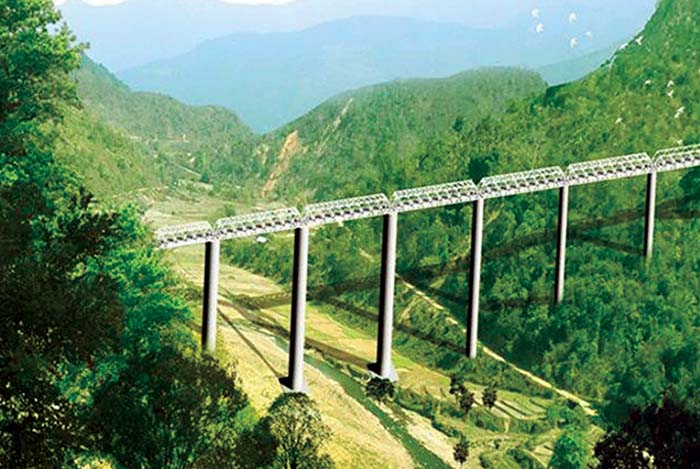
In the next session, Capt. R.R. Doddihal, General Manager (Technical) and Chief Engineer, Karnataka Urban Infrastructure Development and Finance Corporation and his deputy Jwalendra Kumar spoke on ‘New Technologies and Zero Error Execution for Sustainable Highways’. Their address was streamed through video-conferencing. They said the Government of India was aggressively pursuing construction and development of the road-network.
In the third lecture, N.P. Sharma, Chief General Manager (Civil),Principal, Bengaluru Metro Rail Corporation Limited addressed the seminar on ‘Tunnelling in Mixed Strata and Segmental Construction — Bangalore Metrorail Project’. He outlined the challenges faced during the construction of Chikpet and other stretches of Metrorail.

The fourth lecture was addressed by Dr. P. Nanjundaswamy, Professor of Civil Engineering, SJCE, Mysuru on ‘Sustainable and Safe Roads in India — Challenges and Solutions’. He observed that about 1,50,000 people died in road accidents every year and the Government has been implementing a multi-pronged road safety strategy based on education, engineering (of roads and vehicles), enforcement and emergency care to reduce accidents.
The technical sessions were anchored by Professors S.K. Prasad, G.S. Suresh and G.P. Chandradhara. Dr. K.S. Manjunath rendered the invocation. Chairman of RACE 21 Committee H.S. Deepak welcomed. Centre Chairman Prakash, RACE Secretary Shashiraj, Nikhil P. Koundinya, Past Chairman of ACCE (I) R. Sundara Murthy and others were present.



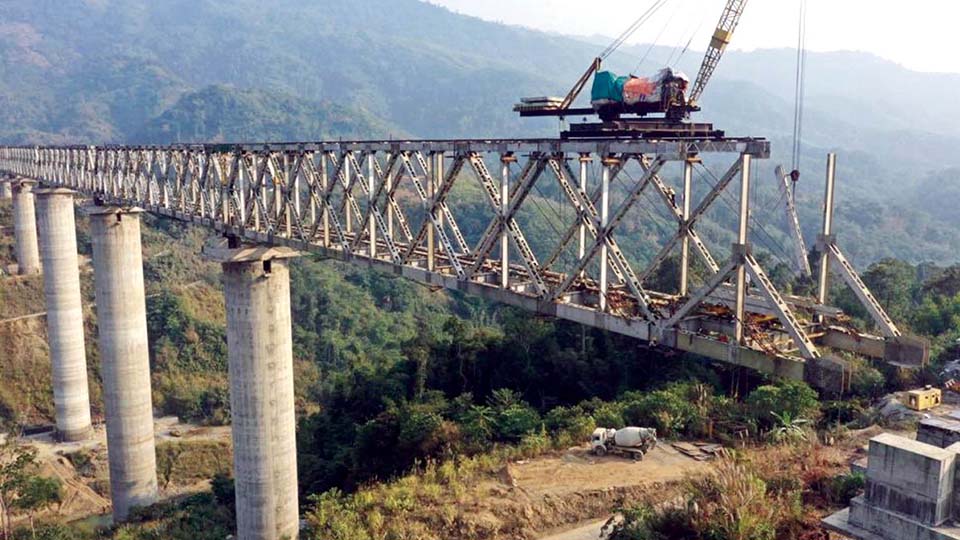
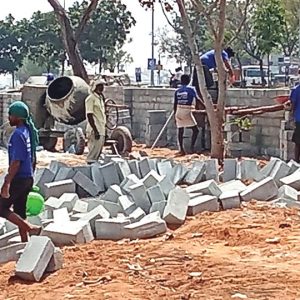
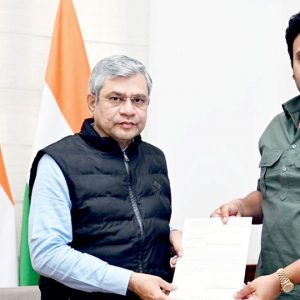
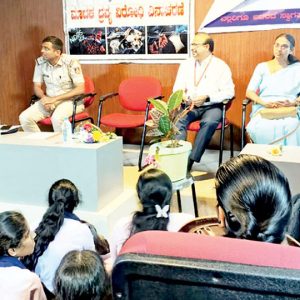
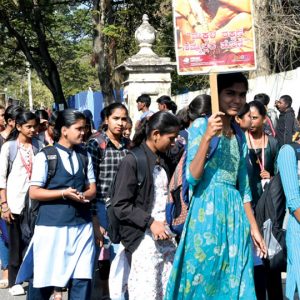
Recent Comments